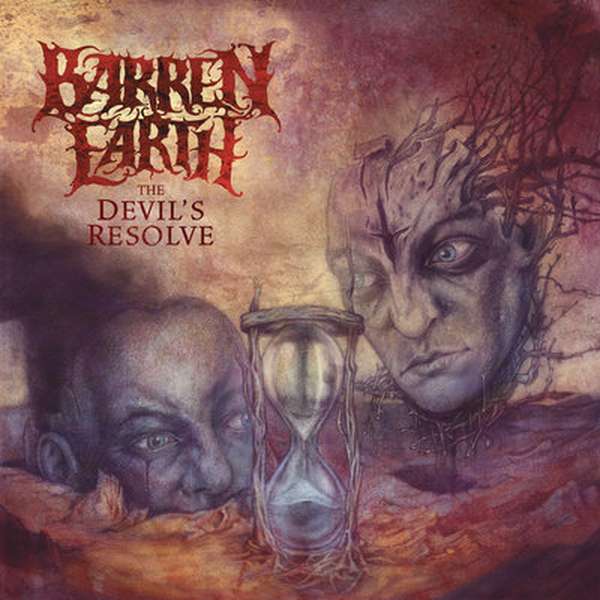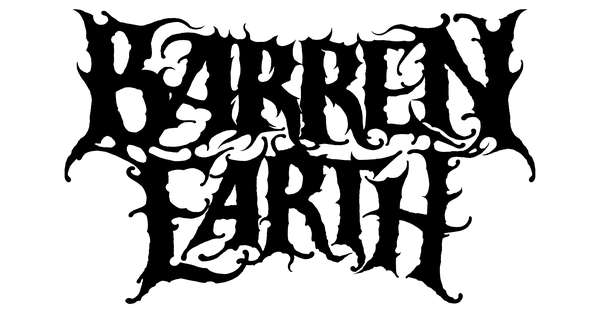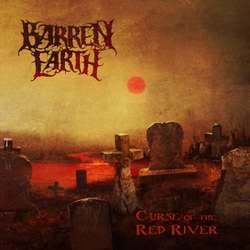If there’s anything I love, it’s some fucking metal. And if there’s any band out there that can deliver some fucking metal with astonishing consistency, it’s Finnish power/folk sextet Barren Earth. In that respect, their latest album, 2012’s The Devil’s Resolve, does not disappoint.
Like their previous release, there is a clear folk influence at work on their music, but its presence is actually very light and subdued. It can be most clearly heard in the melody construction, though it is occasionally hinted at in the instrumentation itself, such as on “The Rains Begin” or “Where All Stories End”. It’s definitely a much subtler touch than you’d find with the likes of Skyclad or Arcas. Of course, the music is also replete with influences from heavy and power metal—the entire album is seeping with energetic, frantic playing and heavily melodic riffs that would be right at home with the likes of old school 80s hair metal.
These elements are paired alongside more progressive song structures that incorporate many different themes and styles into a single piece. For example, “As It Is Written” digresses into a jazzy piano cadenza halfway through, “Passing of the Crimson Shadows” features a solo straight out of neo-classical music, and “The Dead Exiles” exudes a heavy doom metal influence. If this sounds exactly like Opeth to you, that shouldn’t be surprising; Barren Earth definitely take a lot of cues from them, including basically covering their style for “Oriental Pyre”.
Unfortunately, their clean vocalist does leave a bit to be desired. His voice tends to become whiny and annoying, often clashing with the music and creating an unbearable dissonance. “The Dead Exiles” is the biggest offender, but the same can be heard on “Vintage Warlords” or “Oriental Pyre”. In a related the complaint, the lyrics have a habit of slipping into lazy writing territory; though it doesn’t happen too often, you can definitely hear the detrimental effect on songs like “As It Is Written”.
In addition, the album does become a bit repetitive by the final few tracks—“White Fields” and “Where All Stories End” are completely devoid of anything memorable, seemingly tacked on as afterthoughts to the back of the album. There’s also not a lot of musical growth from their debut, Curse of the Red River, so anyone familiar with that album already may be disappointed with the incredibly similar tunes. It’s more of a refinement of their original sound than a new musical exploration.
Nevertheless, The Devil’s Resolve is a strong album, and while it has its flaws, the enjoyable moments far outweigh the negative, to the point where I feel comfortable recommending it to just about anyone. Any metalhead will find this album to be a welcome addition to his or her collection.



